
Supernumerary teeth are defined as the additional teeth developed along with the typical sets of teeth. Generally, a person 20 baby teeth which are replaced by 32 adult teeth (28 permanent teeth + 4 wisdom teeth) as he/she grows. Various factors tend to grow such extra teeth anywhere in your mouth.
This condition is called hyperdontia and it occurs in exceptional cases. The frequency of hyperdontia in the world population is reported to be 0.1 and 3.8 percent only. Mostly, it occurs after the permanent teeth eruption. However, it is powerful to trouble the general sets of teeth.
What causes Supernumerary Teeth?
Mostly, this kind of excess teeth develops when a regular tooth bud is split and produces a new tooth bud from which a supernumerary tooth erupts. The exact cause of hyperdontia is still unknown. Many dental Professionals believe that the anomaly happens due to genetic, and environmental causes.
On the other hand, various diseases and syndromes have an indirect link to hyperdontia. The possible related conditions include:
- Gardner’s Syndrome
- Cleidocranial Dysistosis
- Down Syndrome
- Ehler-Danlos syndrome
Researches show that about 35% of Cleidocranial Dysistosis patients have at least one supernumerary tooth. Kids with this condition have a high chance of developing supernumerary teeth.
How does a supernumerary tooth appear?
Generally, the supernumerary teeth appear anywhere among the permanent teeth but they are hard to identify with naked eyes. Hence we equip x-rays to identify the excess teeth.
Despite it erupting abnormally, it shaped like normal teeth in most cases. However, dental doctors classify into various types as follows:
- Conical – They appear typical and have normal roots. They appear near the central incisors.
- Tuberculate – They are barrel-shaped and have abnormal roots. It appears near the central incisors and can delay the neighboring teeth’ eruption.
- Supplemental – It would arise near the lateral incisors and is highly seen among the baby teeth.
- Molariform – They look like premolars and appear next to the molar teeth.
How do supernumerary teeth affect your dental health?
The supernumerary teeth can lead to various dental problems and even affect normal oral functionality. Here are some oral complications caused by excess teeth:
- Crowded teeth
- Teeth misalignment
- Impacted teeth
- Teeth eruption in the nasal cavity
- Difficulty in chewing
Mostly, untreated supernumerary teeth will push the sufferer to get teeth straightening treatments to revamp the dentition. On the other hand, it can intervene in the bone grafting process, required for dental implant treatments at times.
How do dentists treat supernumerary teeth?
Seeking immediate dental attention to treat supernumerary teeth is important. Otherwise, it would fuse with the neighboring regular teeth and cause various problems.
Once the excess tooth is analyzed, your dentist would recommend whether it should be extracted or cut into pieces. Similarly, removing the excess teeth that are present among the baby teeth helps prevent permanent teeth eruption.
Remember that getting supernumerary teeth is a rare problem but is treatable. Want to know more about this problem? Ask us in the comment section or contact our dentists directly here.

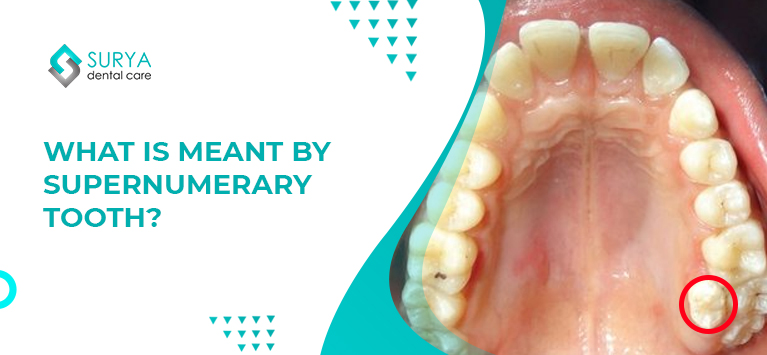






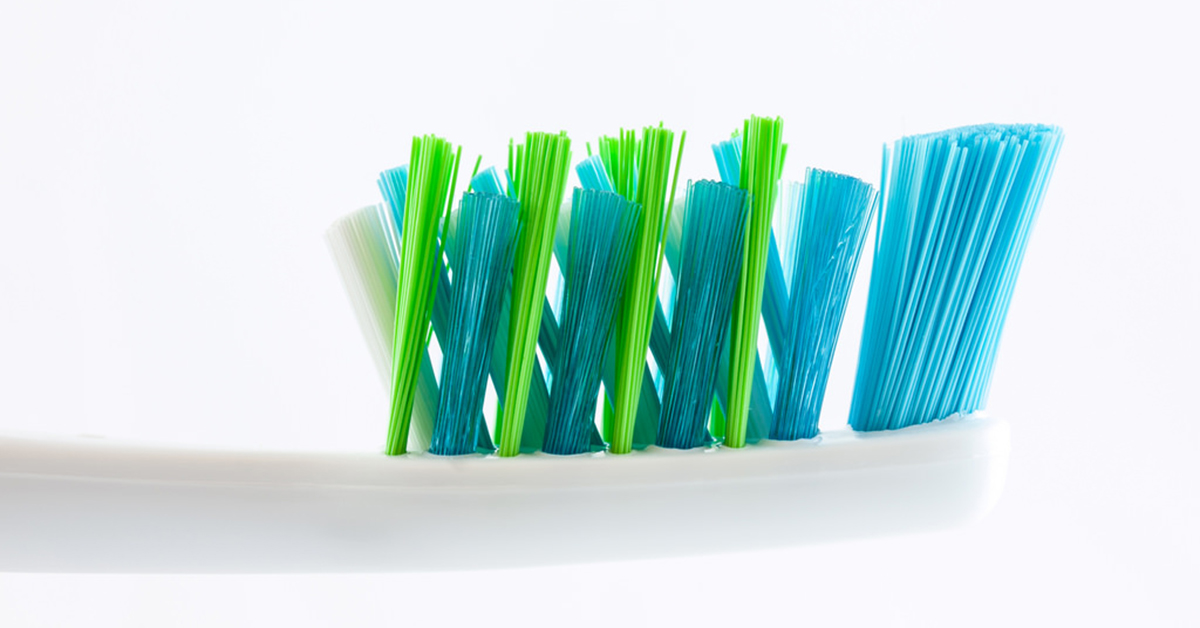

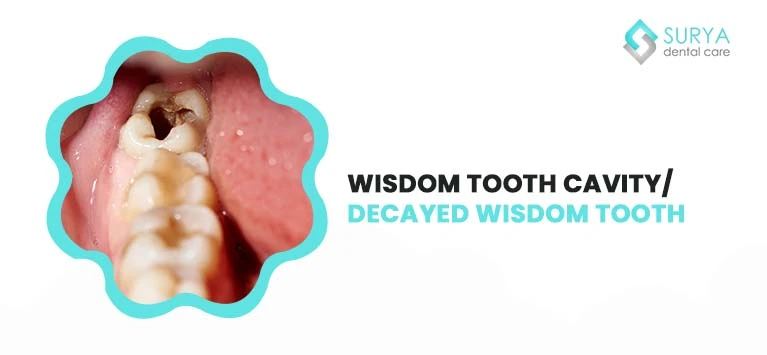

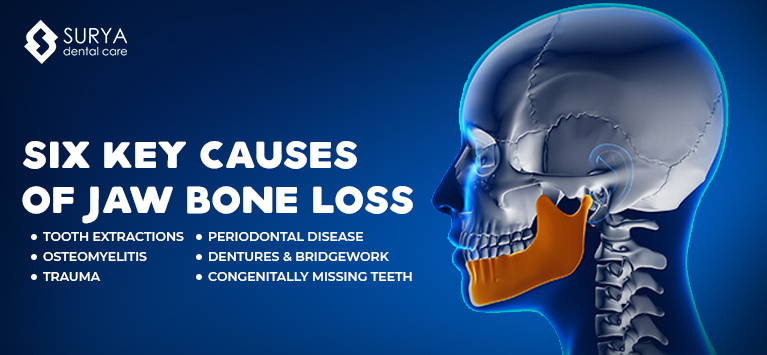
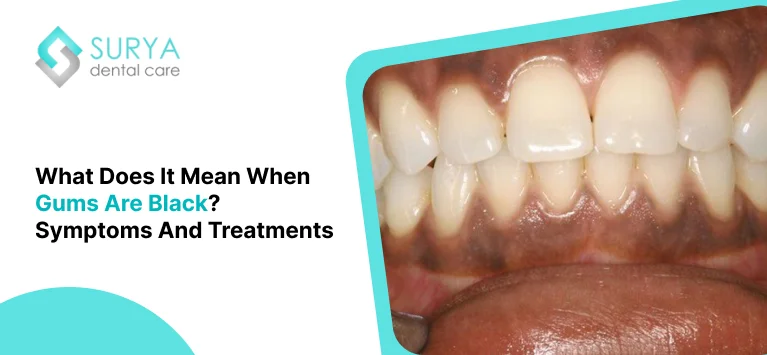

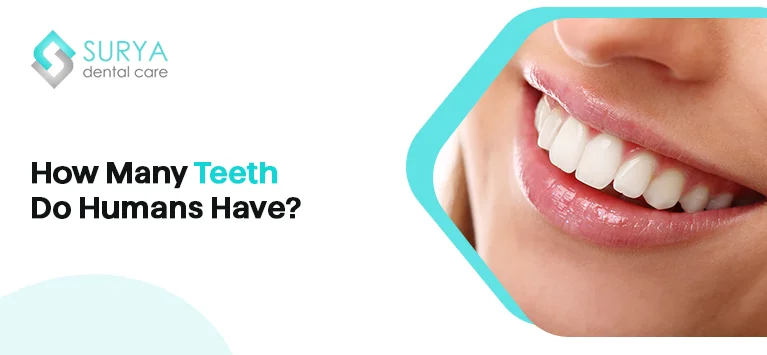
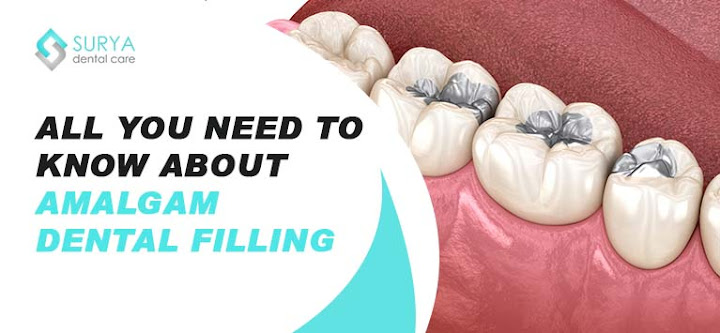
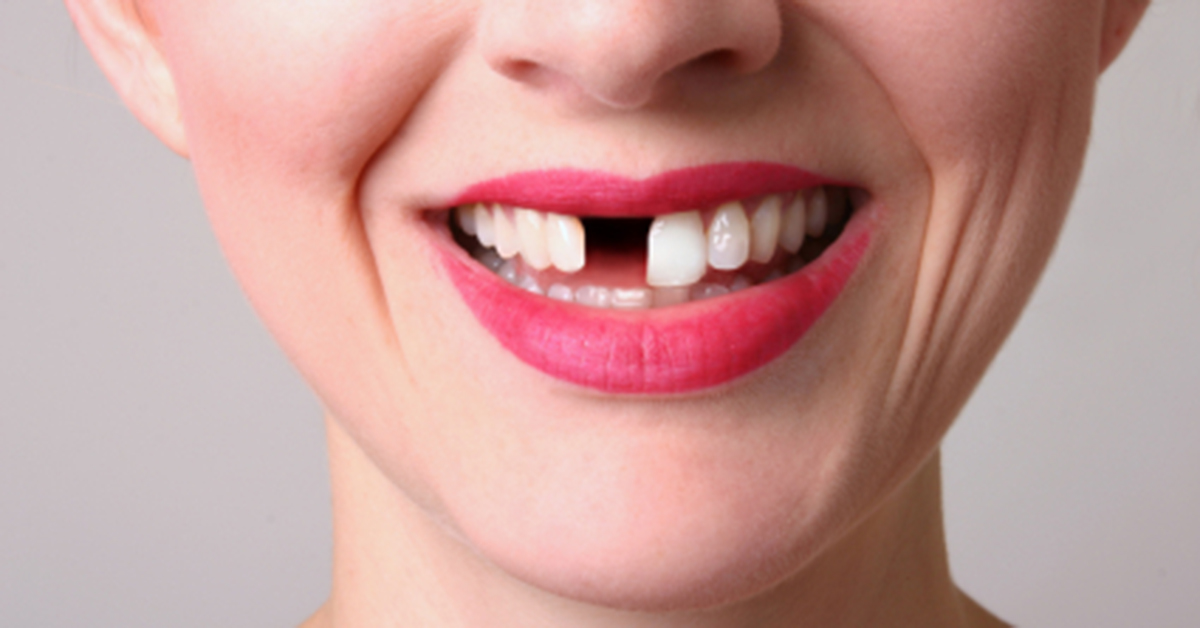
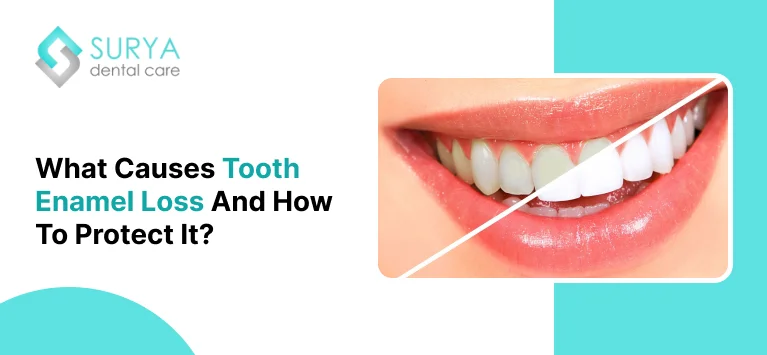


Leave a Comment